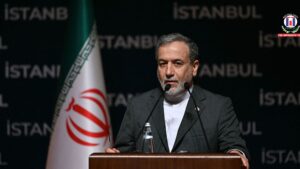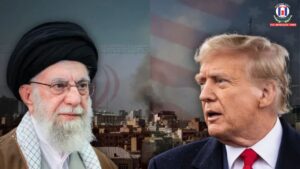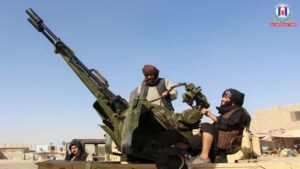
Jammu and Kashmir : In a significant development, representatives of the Indian and Pakistani armies have agreed to uphold the February 2021 ceasefire agreement and explore measures to prevent future misunderstandings along the Line of Control (LoC) and International Border.
The agreement was reached during a flag meeting held between Brigade Commanders of both countries at the Chakkan-Da-Bagh crossing point in Poonch district. The meeting, which lasted approximately 75 minutes, took place in a cordial atmosphere, marking the first high-level military dialogue of its kind in four years. The primary focus was to address the recent surge in cross-border firing and Improvised Explosive Device (IED) incidents that have disrupted peace and stability in the region.
During the discussions, both sides reaffirmed their commitment to the ceasefire agreement renewed on February 25, 2021, which had significantly reduced cross-border shelling and civilian casualties along the LoC. The Brigade Commanders also agreed to leverage established communication channels to de-escalate tensions swiftly and prevent future incidents of violence.
The ceasefire agreement, initially established in 2003 and reaffirmed in 2021, has been crucial in reducing hostilities and ensuring the safety of civilians residing in border areas. However, recent skirmishes and IED attacks had raised concerns among local residents, prompting the need for dialogue to restore normalcy.
Residents of border villages in Poonch district have expressed relief following the meeting, hoping that the renewed commitment to the ceasefire will lead to lasting peace in the region. Many families living near the LoC have faced disruptions to their daily lives due to periodic cross-border firing, and they now look forward to a more secure and stable environment.
The meeting is seen as a positive step toward reducing tensions and maintaining peace along the border. Military officials from both sides emphasized the importance of continued dialogue and cooperation to build mutual trust and prevent misunderstandings that could escalate into conflict. The use of existing communication channels, including hotline contacts and flag meetings, is expected to play a crucial role in ensuring that any future incidents are swiftly addressed through dialogue rather than escalation.


















No Comments: